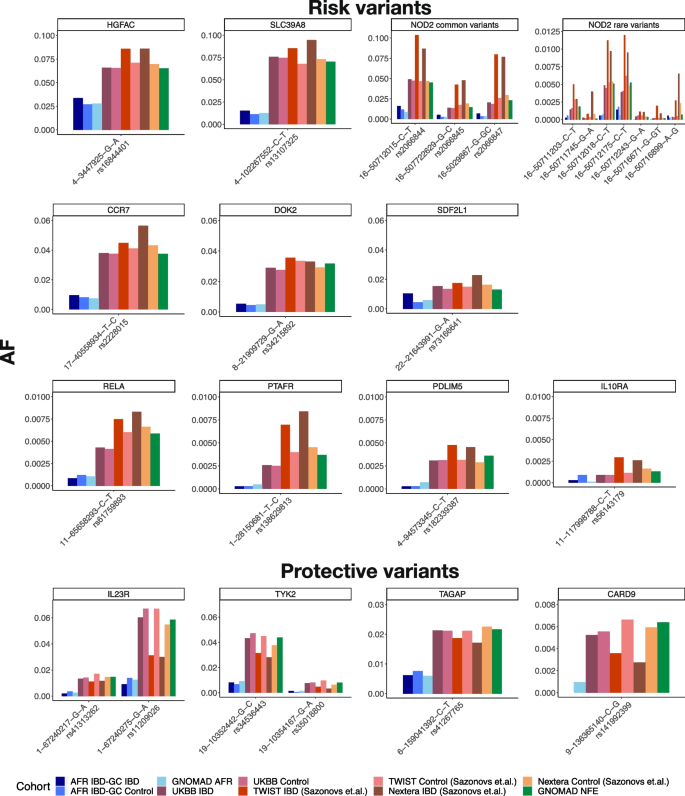2023-11-15 ブラウン大学
◆ブラウン大学の生物学者が共同執筆した論文は、気温の変動が海洋ヒートウェーブなどの異常な温暖イベントを増加させるメカニズムを強調しています。これにより、海洋生物が滑らかな気温上昇傾向とその変動との相互作用によって影響を受けることが明らかになり、これを考慮した新しいモデルが提案されています。
<関連情報>
- https://www.brown.edu/news/2023-11-15/marine-climate
- https://www.annualreviews.org/doi/10.1146/annurev-ecolsys-022323-082123
滑らかさとトゲトゲしさ: 海洋気候変動生態学における変動の重要性 Smooth and Spiky: The Importance of Variability in Marine Climate Change Ecology
Jon D. Witman,Andrew J. Pershing,and John F. Bruno
Annual Review of Ecology, Evolution, and Systematics Published:August 8, 2023
DOI:https://doi.org/10.1146/annurev-ecolsys-022323-082123

Abstract
Greenhouse gas emissions are warming the ocean with profound consequences at all levels of organization, from organismal rates to ecosystem processes. The proximate driver is an interplay between anthropogenic warming (the trend) and natural fluctuations in local temperature. These two properties cause anomalously warm events such as marine heatwaves to occur with increasing frequency and magnitude. Because warming and variance are not uniform, there is a large degree of geographic variation in temporal temperature variability. We review the underappreciated interaction between trend and variance in the ocean and how it modulates ecological responses to ocean warming. For example, organisms in more thermally variable environments are often more acclimatized and/or adapted to temperature extremes and are thus less sensitive to anthropogenic heatwaves. Considering both trend and variability highlights the importance of processes like legacy effects and extinction debt that influence the rate of community transformation.


